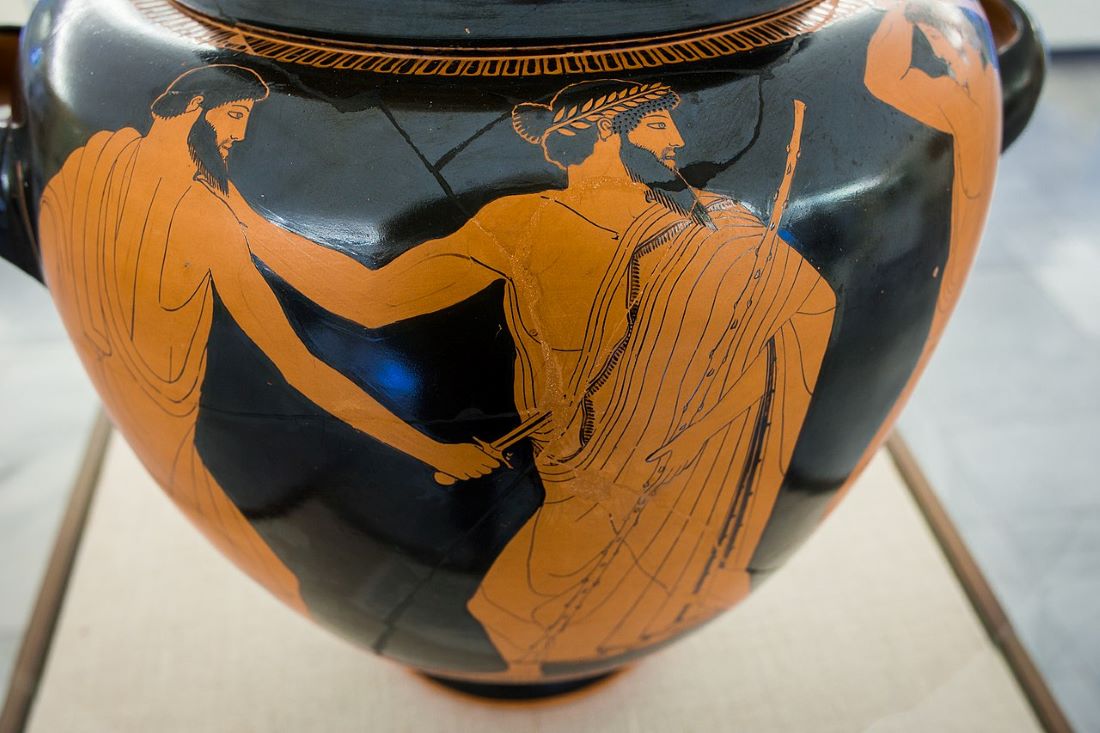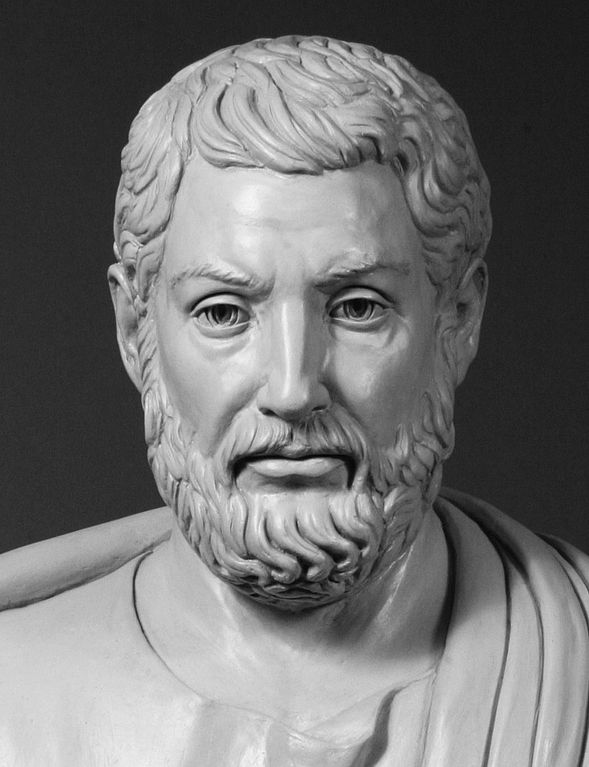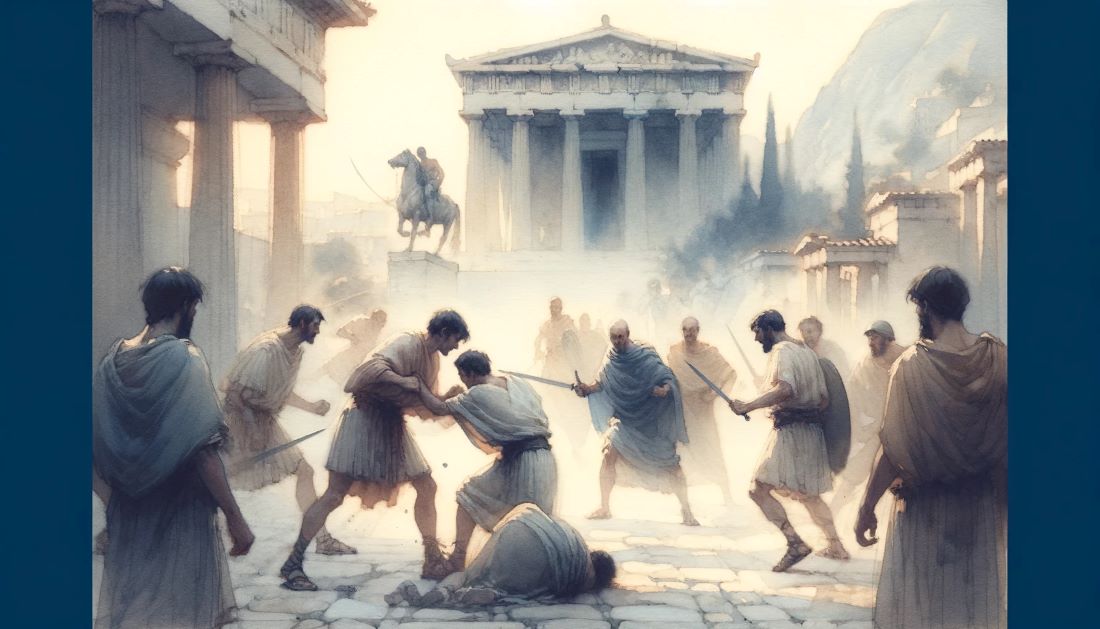The genesis of Athenian democracy is a tale of intrigue, art, and the reshaping of political power. Following the expulsion of Hippias, Athens embarked on a transformative journey, laying the groundwork for what would become the most celebrated democratic system of the ancient world. This transition was not merely a political revolution but also an ideological battleground, where the manipulation of narratives and art played a pivotal role. The story of Cleisthenes’ democracy after Hippias’ ousting offers a profound example of how previous authorities were dehumanized through half-truths and the strategic use of art. At the heart of this ideological shift was the murder of an innocent man, Hipparchus, during a religious procession—an event that would redefine Athenian politics and its cultural memory.
The Ideological Foundation of Athenian Democracy
The assassination of Hipparchus, Hippias’ younger brother, by Harmodius and Aristogeiton, was a pivotal moment in Athenian history. Despite his non-political life, Hipparchus was a patron of the arts, bringing renowned poets like Anacreon and Simonides to Athens. His death was manipulated into a symbol of tyranny’s end, ignoring his contributions to Athenian culture. This narrative served as the foundation for a new political ideology, emphasizing the struggle against tyranny. Cleisthenes, seizing this moment, initiated a campaign to immortalize the tyrannicides, not just in the minds of the Athenians but in their daily visual culture as well.

Cleisthenes’ strategy involved commissioning Athenian artists to depict the murder of Hipparchus on amphorae and ordering bronze statues of the murderers from the sculptor Antenor. These acts of commemoration were ironic, given that the subjects were celebrated for their role in a narrative that was partially constructed. This political maneuvering was not merely about honoring heroes but about creating a collective memory that aligned with Cleisthenes’ vision for Athens. Through these artistic commissions, the tyrannicides became symbols of freedom and resistance against tyranny, deeply ingrained in Athenian society.
Pericles’ Era and the Legacy of Dehumanization
By the time of Pericles, the Athenians had fully integrated the tyrannicide narrative into their cultural identity. Walking past the monuments dedicated to Harmodius and Aristogeiton on the agora became a daily reminder of their freedom from tyranny. This was the result of successful state propaganda that spanned generations, effectively dehumanizing the previous regime while elevating the democratic system as the pinnacle of Athenian society. The story of Hipparchus’ assassination, though rooted in the tragic death of an art lover and patron, was overshadowed by the larger narrative of democracy’s triumph.

The legacy of this ideological shift is profound, as it highlights the power of collective memory and propaganda in shaping political landscapes. The Athenian democracy, with its roots in the dehumanization of its predecessors, serves as a reminder of the complex interplay between politics, art, and history. As Athenians of Pericles’ era revered the tyrannicides as freedom fighters, they also embraced a narrative that simplified the complexities of their political evolution. The monuments on the agora were not just stone and bronze; they were the embodiments of Athens’ journey from tyranny to democracy, a testament to the power of memory and art in the construction of political identity.
This exploration into the birth of Athenian democracy reveals a multifaceted story of political change, ideological battles, and the instrumental role of art in shaping historical narratives. The legacy of Cleisthenes and the tyrannicides, enshrined in Athenian culture, underscores the enduring impact of how history is remembered and the narratives that define a society’s identity.
Historical Challenge: Can You Conquer the Past?
Answer more than 18 questions correctly, and you will win a copy of History Chronicles Magazine Vol 1! Take our interactive history quiz now and put your knowledge to the test!

